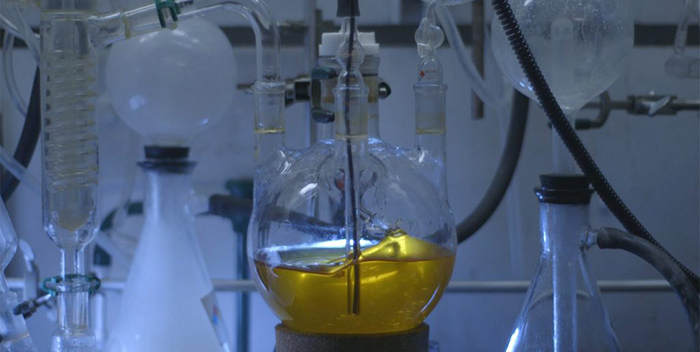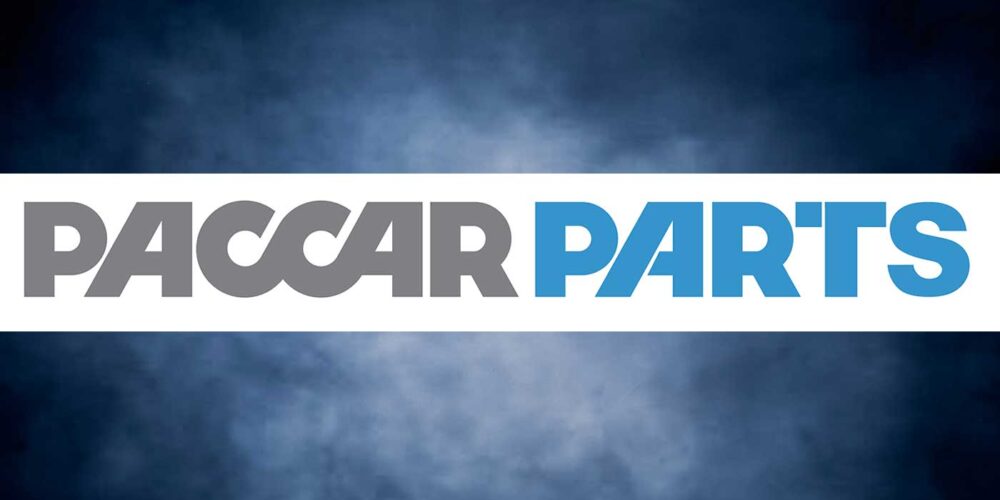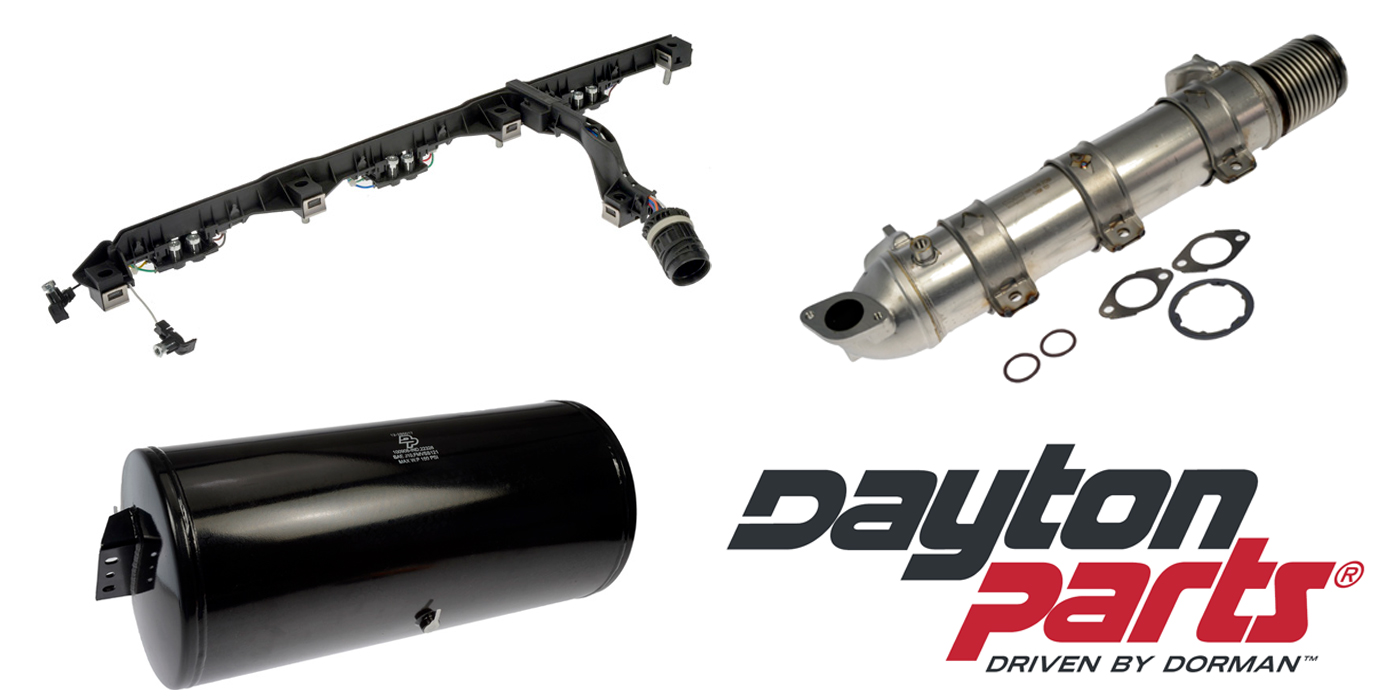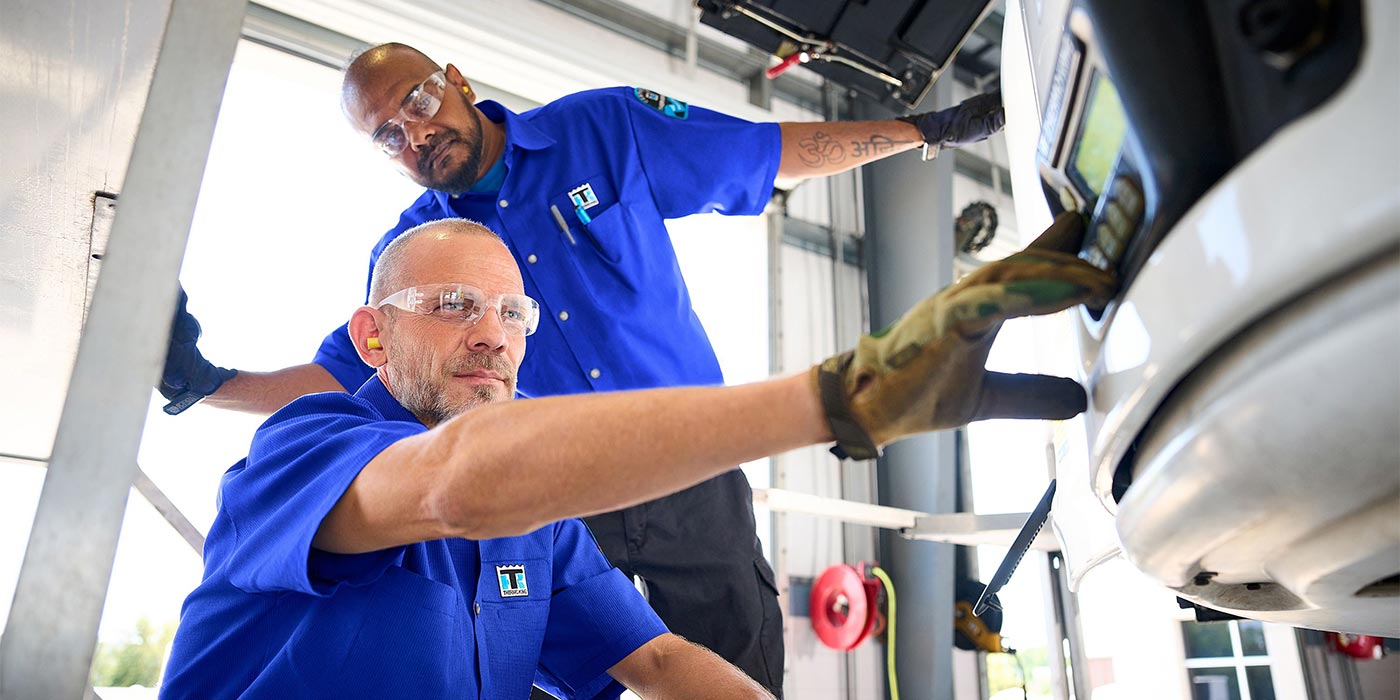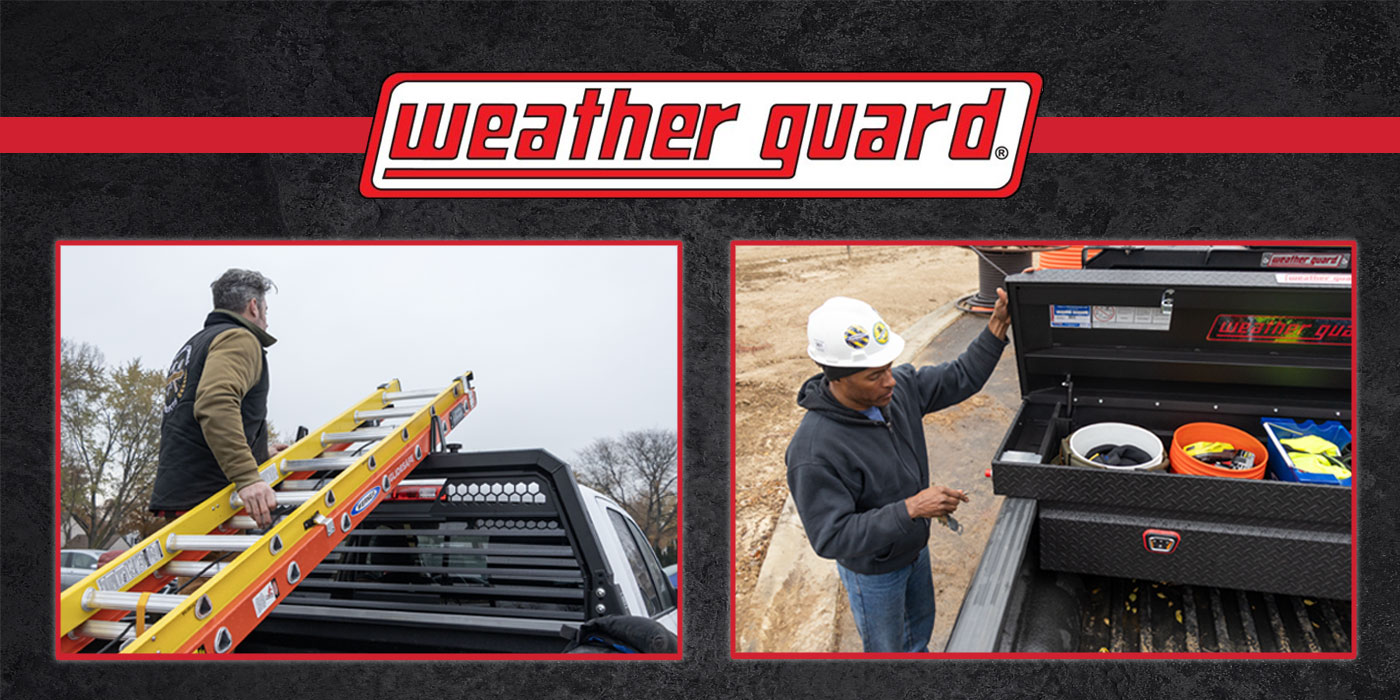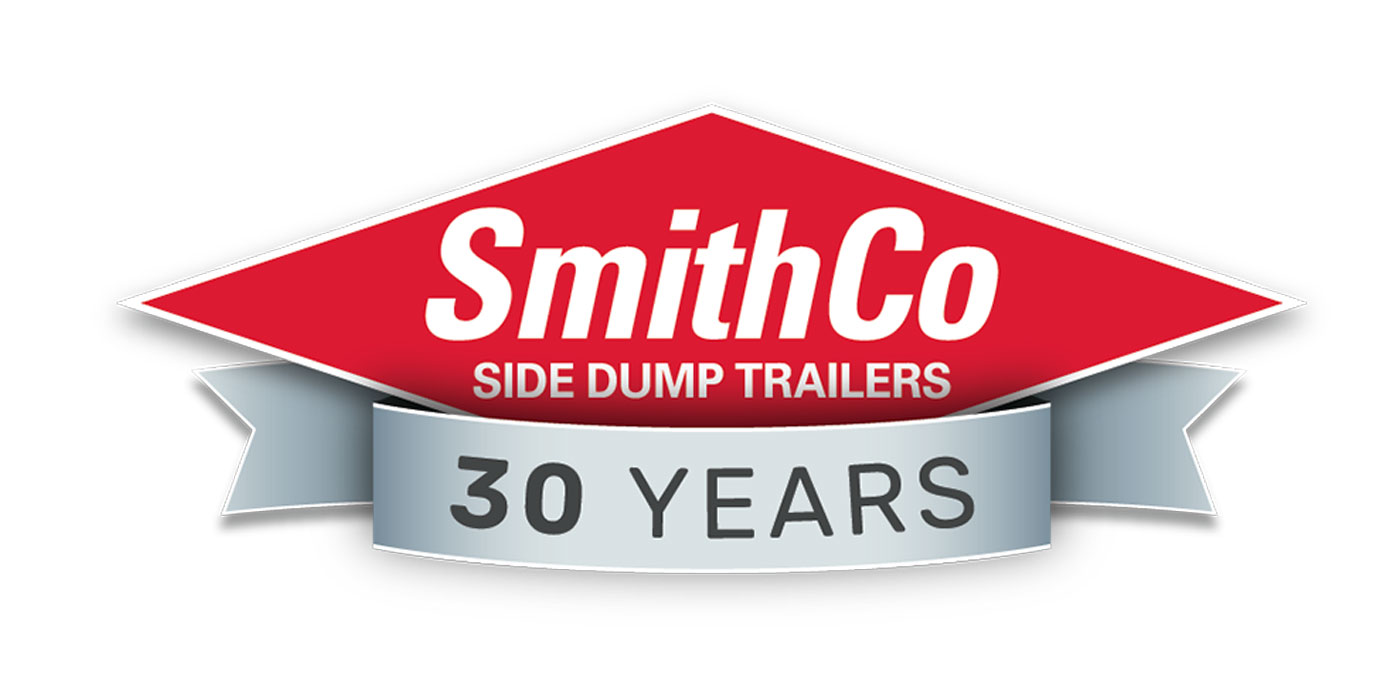“Developing an oil that can maximize protection against oxidation was crucial,” Whitacre continued, “so oxidation stability in the new PC-11 oils is intended to address that issue. It is also a key factor allowing OEMs to consider extending recommended oil drain intervals. In fact, Chevron recently added an oxidation indicator to its recommendations for used oil analysis.”
Addressing wear protection for maintaining the durability and reliability of engines is critical to keeping vehicles on the road, he noted. “PC-11 products have been developed to enhance engine longevity, measured as the time between overhauls. This is critical for first owners of new engines as they plan for a predetermined service life that eliminates the need to rebuild engines. It could also help boost the resale value of used equipment and make it more attractive to buyers,” he said.
“[New category] oils also address piston deposits that can be especially troublesome in engines because they can have a snowball effect,” Whitacre continued. “They cause a loss of oil consumption control, which requires more make-up oil refills between changes. That adds costs, not only for extra oil, but also for the labor to replenish it, and as engine oil is consumed it can accumulate in the emissions control system, driving more frequent diesel particulate filter regeneration cycles, which in turn means more frequent DPF cleaning intervals. Additional regeneration cycles have a fuel economy penalty as well.”
Circumstances
Overall, Whitacre pointed out, the impact of improper oil selection depends on many circumstances, but it is unlikely that a one-time use of the incorrect oil would cause immediate damage or failure. More commonly, the use of an oil with a lower viscosity than the engine was designed for would cause a low oil pressure light, which in some cases triggers additional safeguards, including an engine de-rate to limit potential damage.
“Prolonged use,” Whitacre added, “could lead to premature wear or engine failure. It is important to consult your OEM for specific guidance related to the proper oil viscosity grade and performance specifications that apply to a specific engine and vehicle.”
“Using the wrong oil can lead to a range of consequences from sub optimal performance to the extreme of complete engine failure,” Safety Kleen’s Walker said. “The wrong oil may also harm the exhaust system and negatively impact vehicle emissions.
“End-users want to use oils that protect their engines, and help deliver maximum fuel economy and optimal engine performance,” Walker added. “This will not only protect the engine and maintain the warranty but also help ensure the lowest operating costs.”
“Using the correct engine oil is critical to maximizing engine performance,” Shell’s Arcy said. “A CJ-4 oil in an engine that needs CK-4 could result in engine wear, performance issues and possible warranty concerns, because CK-4 oils are designed to provide high temperature oxidation control, aeration control and improved shear stability compared to CJ-4.
Good value
“In addition,” Arcy continued, “while some API FA-4 oils will be an acceptable option engine manufacturers will determine which engines will use FA-4 and CK-4 products. In general, considering premium engine oils from a reliable supplier that exceed the minimum standards required is a good value. Fleets should also choose a viscosity grade that meets manufacturer recommendations for the ambient temperature range in which their equipment operates.”
API CK-4 and FA-4 products are the culmination of considerable research into lowering engine oil viscosity while maintaining the ability to withstand a high-shear engine environment, meaning they are stronger, offer the opportunity for extended drain potential and can provide engine protection for longer periods, noted Petro-Canada Lubricants’ Ngai.
“Our primary recommendation is to use what is approved and suggested by an engine manufacturer,” he related. “We know that many OEMs are still evaluating how their engines will respond to these new oils and have yet to make decisions. Fleet operators will need to consult their engine OEM for specific guidance regarding the recommended viscosity grade for their engines and which subcategory of PC-11 oils will be best suited for their equipment.”
Raising standards
The challenge by EPA and NHTSA to heavy-duty truck and engine manufacturers to create a new generation of fuel-efficient and cleaner diesel engines required higher-performing engine oils. “The standards for new heavy-duty engine oils have been raised significantly and offer potential long-term cost saving benefits,” said Whitacre, who is also the chairman of the ASTM Heavy-Duty Engine Oil Classification Panel, which is tasked with the final development of the new engine oil categories.
“The common thread is that both FA-4 and CK-4 oils will deliver superior performance over the current CJ-4 category, especially when it comes to new challenges for manufacturers and equipment users,” Whitacre added. “These oils won’t sacrifice performance to meet emissions or fuel economy standards, and their advanced properties will provide vehicle and equipment operators with improved engine durability.”
“We see this as not only an opportunity to improve the efficiency and carbon footprint of fleets, but also a chance to recognize the potential to cut costs and increase the profitability of fleet operations,” concluded Ngai. “As with all business decisions, a clear understanding of the new oils and early adoption could result in a genuine competitive edge.”

